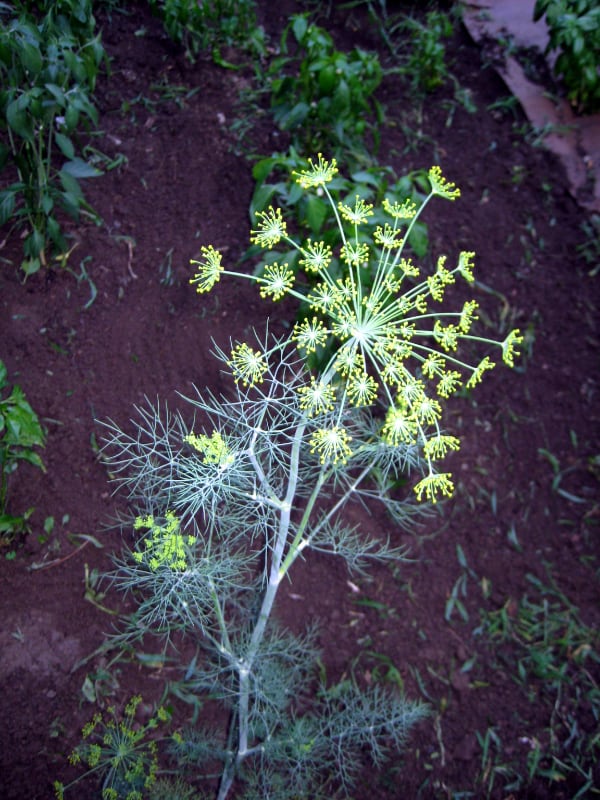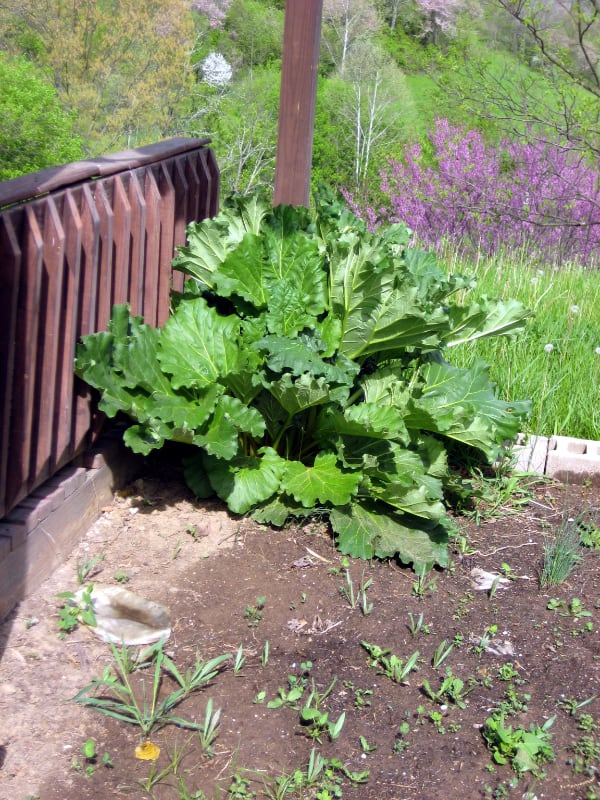
It was warmish here, certainly warm by seasonal standards, last Friday, which happened to be Groundhog Day, the day we celebrate the pulverized pork product usually called “sausage.”
Okay, I’ve been waiting to make that joke for years, and the fact that I do now reflects a mood that I think others share.
If you look around you’ll see there’s not a lot of cause for rejoicing. If you feel entirely powerless you’re not alone.
Of course we pray, and if we’re smart we’ll remember the proverb — small “p”; it’s not in the Bible — “The Lord helps those who help themselves.” I remember it from an Our Gang comedy in which one of the children, probably the fat one, sees a plate of cookies at a church social. He is almost overcome by gluttony, and there is the battle in the primitive special effects of the day between the child as the devil and the child as Jesus. It is a struggle, but then the boy looks up and sees the needlepoint framed on the wall, yes, “The Lord Helps Those Who Help Themselves.” In the next shot we see the child covered in crumbs, his face smeared in chocolate. It was funny when I was a little kid, and it’s funny to think of it now.
Humor aside, the sentiment in the saying is valid: if we sit back and wait for God to do the work, making no effort of our own, we shouldn’t expect our creator to undertake the things we’re too lazy to do. Nor would we deserve divine assistance.
In our current world it is easy, nearly essential, to feel the strong need to do what we can to put things right. But what can we do?
Charities exist because of this tendency, and I do not think much of a lot of them. If you go to the “race for a cure” or “walk for a cure,” you will come home feeling as if you have done something, but you probably haven’t, unless your real motive is to enrich the makers of virtue-signaling teeshirts. There are some, perhaps many, good charities, but there are a lot whose chief function is to rent nice offices and pay the “director” more than he or she is worth. They always have “raise awareness” in the first line or two of their “mission statement.” This phrase, often repeated by the dimwits who announce the news on television, means nothing.

They are a way of seeming to do something while actually doing nothing. It is cheaper to go on ex-Twitter and hold forth. You can feel as if you’re done something there, too, while in reality you haven’t.
On Groundhog Day, in which we erroneously think we have learned something from a large, fat rodent, I try to make a point of doing something demonstrably useful.
That’s when I begin serious work toward this year’s garden. If it is warm enough, I go outside and change the oil in the implements that require it, and replace or wash their air filters, sharpen what needs sharpening, oil what needs oiling, replace the carburetor on whatever machine failed last year because its cheap carb was ruined by the ethanol in gasoline, the result of a political decision to buy votes by driving up corn prices.
It is generally satisfying work. It is meditative work. Our minds do more than one thing at a time. We have a conscious mental subtext. Thinking is like a four-burner stove, different pots on each burner, our attention moving from one to another as what’s cooking there requires our attention.
While doing this work, I have the annual conversation with the groundhog, which I’ll describe below. It’s a bit of an appraisal of the world as centered here. (The world being an orb, we are each of us at the center of the earth’s surface. You, right now, are at the center of the world!)
So as I take the piece of plastic tubing inside to run under hot water so it will slide fairly easily over the barbed brass connector I’m also thinking that there would be sense in raising the voting age. It would be far easier to make wise decisions if officials didn’t have to worry about the crowd of screeching yahoos carrying stupid, illogical, and untrue signs as they block the street out front. Hell, if you didn’t have to worry about their votes, you could have the cops move them someplace where it is legal for them to throw their tantrums.

No, we are not a democracy, we’re a republic. This was once taught; I doubt that today most teachers could tell you the difference.
Okay, that’s hot enough. Yup, it slid right on the connector. Time to replace the cracked rubber grommet coming from the plastic gas tank. Why is it that here, in 2024, there is no easy way to do this? Oh, no, the part on the inside broke off and now I have to fish it out. I imagine the groundhog is laughing as I curse whomever it was who designed the gas tanks of modern implements to make it as difficult as possible to retrieve anything that has fallen inside. Okay, yeah, there, okay, almost . . . got it! If I am careful I can keep the feeling of accomplishment rather than give way to the depressing fact that the last 20 minutes have been spent getting me to where I should have been 20 minutes ago, if the grommet hadn’t broken. Oh, well.
The new carburetor is installed and it seems to be working except for the sticky throttle cable. When that kind of thing happens there are two possible remedies: WD40 and Kroil, the former if I’m in a hurry and the latter if I want to do the best possible job. I choose WD40 because I have a spray can of it with a tube that I fool myself into thinking won’t make a mess. I could get Kroil in such a can, but it’s insanely expensive packaged that way.
Used to be that for all general oiling purposes everyone used 3-in-One oil. Everyone had a little squirt can of it somewhere. It was the best choice for nothing, but it was good enough for everything. Some people preferred a product called Marvel Mystery Oil. It was the favorite of a gunsmith friend of mine. Oh wait, he’s also the one who utterly butchered the slide on my old Browning High Power. Best not to take his advice on anything.

I imagine the groundhog snickering, a superior look on its face. Maybe he has never heard of a little something called the .22-250. No, best to be polite in these mental conversations.
Scotch-Brite is a miracle and a curse, and it is disappointing to realize that the coarse pads I still have are the cheap knockoffs that are all but useless. The good ones that cost too much are amazing at removing rust and dirt and the peculiar substance that results from their mixture. They are also a puzzle, because they are plastic that can scratch steel. But I don’t have the good ones. I have the cheap ones that do nothing but produce a little pile of blue plastic as they fall apart in use. Time to fetch the electric drill and the wire brush. The sinking feeling brought on by the fake Scotch-Brite is extended as I see the once-used cup brush, which seemed like a good idea but wasn’t. Hmmm. Where is the brass brush? Oh, yeah. Soon there is satisfaction as the hoe and shovels are newly shiny and oiled.
There are people who carefully map out their gardens. I hate this idea, which is suitable for arranging the living room. That’s because it assumes things will go according to plan, which things never do. Better to spend that time studying and learning that no, there’s no miracle way of preventing bindweed this year, either. Hmmm . . . I’d forgotten that it, too, is an imported, invasive species.

I glance over and see that the little knobs indicative of the rhubarb sprouting are beginning to appear. Rhubarb is an optimistic plant, but its enthusiasm is always vindicated. The rhubarb I have — it was here when I arrived 19 years ago — doesn’t turn red, so there’s no obvious time when it’s ready to harvest. I do not especially like it, though there is one recipe for it that is unsurpassed. For some reason, a miserable spiny plant with fruit that looks like tiny yellow tomatoes grows among the rhubarb, so harvesting rhubarb requires gloves.
Getting dark already? It seems so. I didn’t get everything done I had hoped, but I did accomplish some things. I’d planned on taking a preliminary shot at beating up the dirt in the garden with my newly carburetored Mantis. But no, so I put everything away — no, I won’t throw away those useless fake Scotch-Brite pads this year, either — struggling over whether to put the brass brush back where I found it or where it ought to go. Organization of objects is not my strong suit.
I haven’t saved the world, but I’ve taken a step toward having fresh tomatoes this summer, when the rest of the world is engaged in trying to destroy itself. I should have prepared the ground for potatoes. The rule is to plant potatoes on St. Patrick’s Day and harvest new potatoes, tiny, delicious things, for Easter dinner. (Potatoes are “ripe” when they are very small. After that, they just get bigger.) I’m not planting potatoes. I grow what I can’t get in good quantity and quality elsewhere. I concentrate on tomatoes and, absent a blight, I’ll have far more than I can eat so I’ll give most of them away — charity in which I can have confidence.
Tired and creaky from being bent over the little Mantis tiller half the day, I sit down with my matcha (you should have some every day) and turn on the television. It is forever amazing how the television news people believe that the United States and New York City are the same thing, so they cover New York as if they were a local station. It’s like the promotional material for a town having as its central feature the perpetually backed-up sewer plant.
But there’s a sense of accomplishment, a sense what when I say my prayers this evening I’ll not be entirely guilty of having done nothing to help myself.
Maybe next time I go to town I’ll get some sausage.

Dennis E. Powell is crackpot-at-large at Open for Business. Powell was a reporter in New York and elsewhere before moving to Ohio, where he has (mostly) recovered. You can reach him at dep@drippingwithirony.com.
You need to be logged in if you wish to comment on this article. Sign in or sign up here.
Start the Conversation